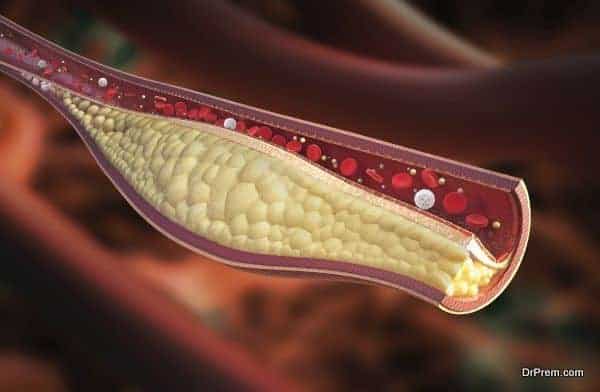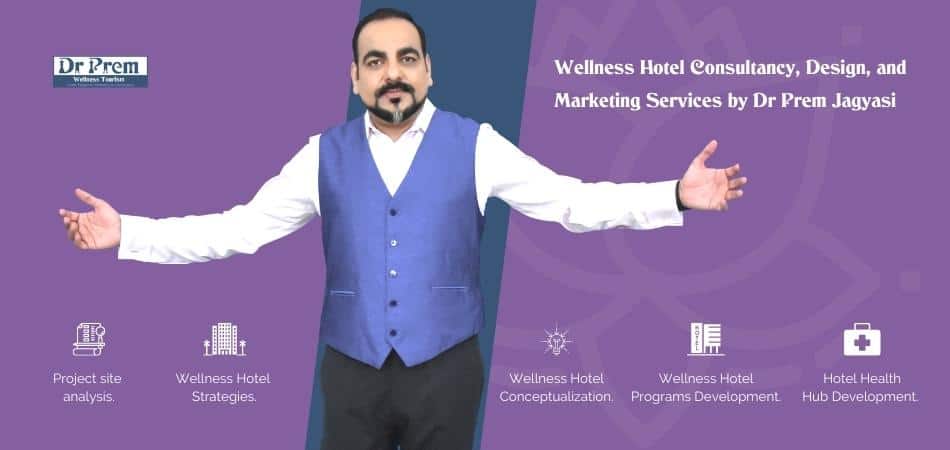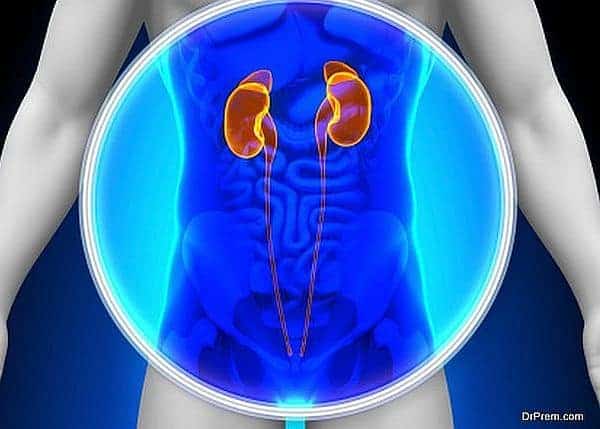Statins are a special group of drugs administered to lower the blood cholesterol levels reducing the risk of heart attacks and strokes by 25-30%. Accumulation of cholesterol in the arteries thickens the walls preventing the normal blood circulation.
Statin Therapy: Does Its Benefits Exceed The Risks Involved?
-
How do statin drugs work?
-
Do Statin Therapy benefits exceed the risks involved?
-
Are side effects too common?
Cholesterol deposits, if not treated reduces the elasticity of the arterial walls posing high risk condition for strokes and heart attacks. Not all cholesterol produced is bad, but statin drugs aim in reducing the bad LDL cholesterol levels. In other sense, statin drugs can be considered as life saving as it reduces the chances of strokes, which can be fatal at times.
How do statin drugs work?
Specific enzymes produced by our liver are responsible for cholesterol deposition in the blood. Unless the cholesterol deposit crosses a certain level, there is nothing to worry. Statin drugs inhibit the production of enzyme HMG-CoA reductase, which controls the cholesterol production.
These drugs replace the existing hormone and gradually slow down the cholesterol production. Above all, statins enhance the level of HDL or good cholesterol along with the lowering of triglycrides and LDL or bad cholesterol, which are damaging for the health.
Do its benefits exceed the risks involved?
No doubt Statin drug has been successful to reduce incidents of heart attacks and strokes in case of high risk patients, but judicial administration of this drug is always recommended. It is therefore useful to categorize the high-risk patients and prescribe statin for them.
High genetic-risk patients or those who have a family history of diabetes, hypertension and cardiovascular diseases are most benefitted from statin. Research have shown that there has been about 48% reduction in risk of heart attacks and strokes in high genetic risk patients whereas the risk reduction rate is about 13-29% for patients with low and moderate genetic risks.
Are side effects too common?
Ever since the usage of statin past two decades, the reports have been encouraging that revealed significant reduction in heart attacks and strokes for high risk patients. The safety factor in using this drug is established. Liberal prescription of statin as a heart attack or stroke preventer is not necessary without a careful study of the risk factors of the patient. Like many drugs, statin too causes side effects but fortunately the percentage affected by those are very low.
Commonly observed side effects are muscle pain, digestive problems, mental fuzziness, development of type-2 diabetes and liver damage in rarest of cases. But in case such side effects develop, it is necessary to consult the doctor first instead of discontinuing the medicine. The doctor is the best person to monitor the dosage as per the requirement which will no doubt lessen the side effects.
Risk factors for side effects:
Not all patients taking statin experience these side effects but some carry the risk factors like:
- Taking more than one cholesterol lowering drug
- Aged people above 65
- Females are more prone to side effects than males
- Patients with existing liver and kidney disease
- Too much alcohol consumption
Judging the risk and benefits of statin:
If statin is highly beneficial and considered as a life saver, then why the debate whether it is safe or risky? The answer can be based on findings and conclusions and the diagnosis by the medical practitioner prescribing the drug.A larger percentage of studies have established statin’s lifesaving benefits.
Often reports revealed after a small-scale study can be confusing. In such cases, the negative findings are either amplified or the existing risk factors and health condition of the patients on whom the study was conducted was not checked properly.
The onus lies on the practitioner who should carefully weigh the information versus facts supported by due evidence which will be guiding them to prescribe statin for a patient. Considering the evidence based facts of the benefits of statin, it would be riskier not to prescribe it for a patient even if he/she does not fall in the high-risk category. It is totally the doctor’s discretion.
The crux of the matter is since the pros of statin outweighs heavily than the cons, few will be inclined not to prescribe this drug as a life saving tool in suitable cases.














